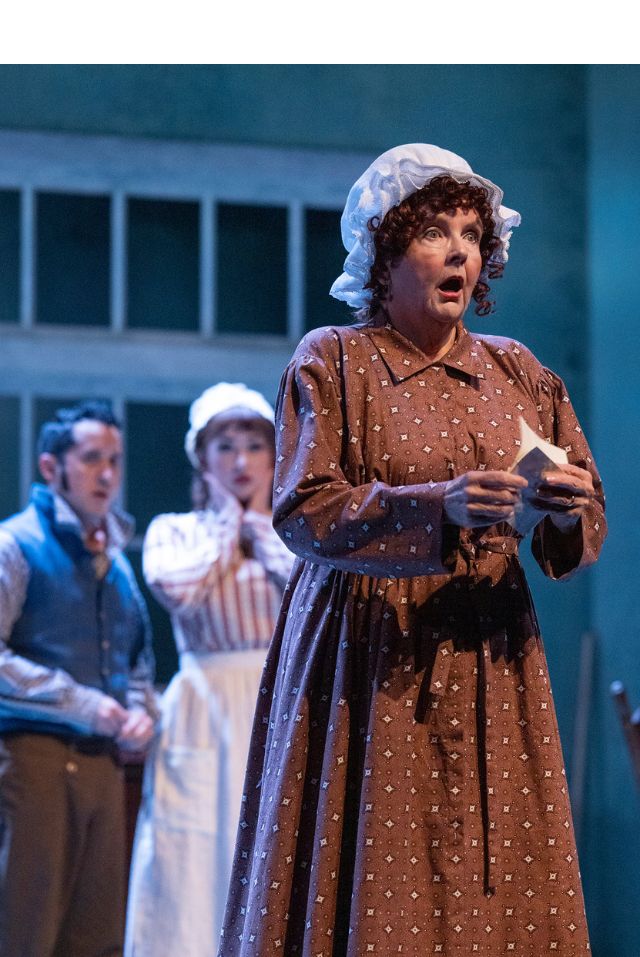
A Deeper Look: Victorian Era Servants
When you have a classic such as “Pride and Prejudice,” it’s hard not to get swept up in the romance and drama that occurs between characters like Wickham and Lydia. However, in Lauren Gunderson and Margot Melcon’s The Wickhams: Christmas at Pemberley, we get a closer look at the people who were supposed to be practically invisible; the servants of Pemberley.
In Victorian England it wasn’t uncommon for upper- and middle-class families to have servants. In many homes, servants were expected to be seen but not heard, and in some cases not even seen. Some more introverted families craved the ultimate privacy on their estate, so they created tunnels beneath their grounds designed for servants to use while the family was present.
The occupation of a servant was a very delicate one. Most masters of the house held strict and high standards. If you were sick, you’d be “sacked.” You weren’t seen as reliable anymore and therefore must be fired. If you couldn’t maintain the temperature of a room properly, you would be let go. Caught flirting with any other staff or guest? Fired. Simply put, you belonged to the household as any other inanimate object there. You were there to perform a function and if you stopped or were distracted from doing that, you lost purpose. You were thrown out and promptly replaced. Servants were constantly walking on eggshells trying to hang on to their positions; the alternative was going to a workhouse, getting paid less, and working in worse conditions.
If you’ve seen The Wickhams: Christmas at Pemberley, you might wonder … Then why did Mr. Darcy treat his servants so well? The truth is that there were a few households during the Victorian era where the servants were almost considered to be a part of the family. Young children during this time remember being brought up by their nannies and consider them more parental figures than their actual parents. Some might dare say that their employers cared for them. The day after Christmas, servants would be given gifts from their employers and the tradition became known as the longstanding British holiday Boxing Day!
In regards to the treatment of servants, Prince Albert once said, “Who would not feel the deepest interest in the welfare of their domestic servants? Whose heart would fail to sympathize with those who minister to us in sickness, receive us upon our first appearance in this world, and even extend their cares to our mortal remains, who lie under our roof, form our household, and are a part of the family?”
It is this spirit of human compassion and decency that Gunderson and Melcon portray in the relationships between the Darcys and the staff below. Although there are clear borders in their status, they do not lose sight of basic human kindness. Their status does not prohibit them from creating meaningful and lasting relationships with those beneath their station. Their dependence on each other almost makes them equal in some regard. And isn’t that a refreshing message to hear during this season and every season?
Make sure to see the show before it’s too late.